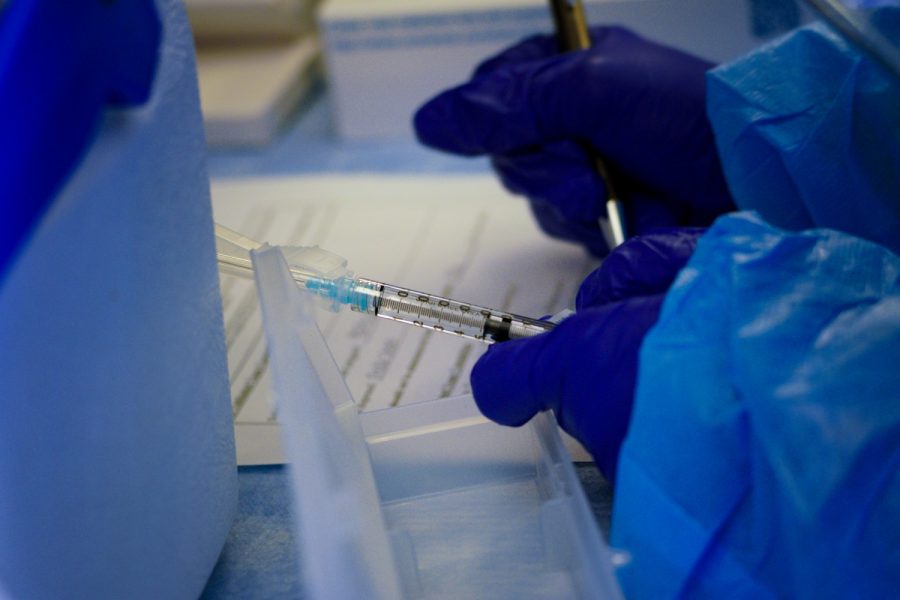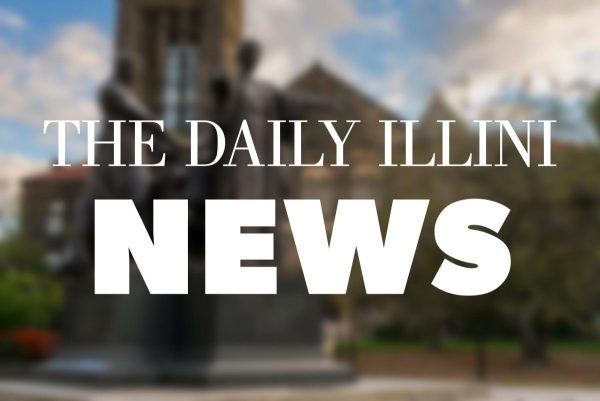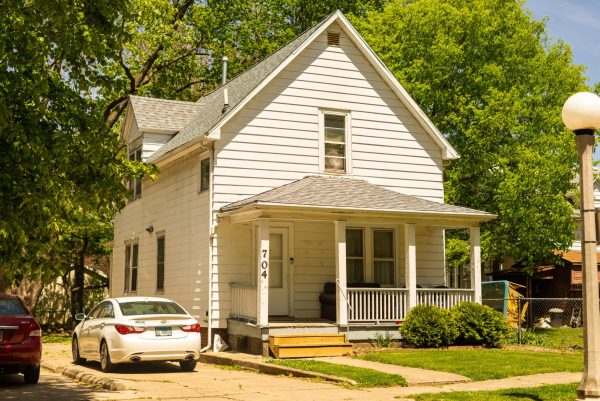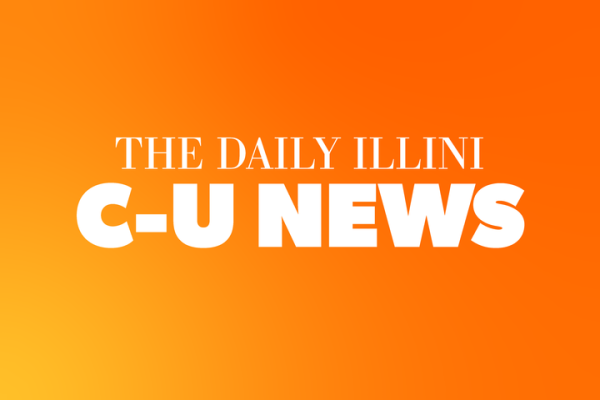University COVID-19 test still awaits FDA emergency use authorization
Photo Courtesy of Nelvin C. Cepeda/The San Diego Union-Tribune/TNS
A UC San Diego vaccine test site in Chula Vista, California on Nov. 17, 2020 is pictured above. On Thursday, the FDA’s Vaccines and Related Biological Products Advisory Committee meets to consider emergency approval of a COVID-19 vaccine from Pfizer and BioNTech. (Nelvin C. Cepeda/The San Diego Union-Tribune/TNS)
December 11, 2020
From the beginning of this semester, the University’s saliva test, also known as SHIELD, proves to be both rapid and highly accurate. Nonetheless, before the Food and Drug Administration gives the University a special authorization, SHIELD may remain a privilege of campus residents only.
According to SHIELD’s website, “the saliva test has a specificity of 99.8-99.9%, with very few false positives. High specificity combined with frequent testing makes the SHIELD saliva-based test extremely accurate.”
Specificity refers to the proportion of people who are positive for a disease that is diagnosed to be positive. In other words, only less than 0.2% of people who are case-positive would receive a negative test result from them.
While campus residents enjoy a testing method that’s both precise and speedy, non-University citizens of Champaign-Urbana have no access to such an opportunity.
“The City of Urbana does not have a public testing system or access to regular testing of all Urbana residents,” said Urbana Mayor Diane Marlin. “We must assume that anyone can be a carrier of the disease, even if they show no symptoms.”
Get The Daily Illini in your inbox!
An obstacle surrounding a wider implementation of SHIELD is the absence of an Emergency Use Authorization by the FDA.
A EUA for the University would allow other entities to operate the SHIELD test easier, including public health providers in Urbana. However, a EUA is not required for the University to operate the test legally, according to Martin Burke, a SHIELD developer, in an article published by the Illinois Newsroom in November.
On Aug. 19, the University announced in a press release that it had started operating SHIELD under the “umbrella” of a saliva test developed by the Yale School of Public Health. In September, however, the FDA pointed out that the University has never been authorized for a EUA and requested that the University discontinue its use of the term “umbrella.”
Currently, the FDA has authorized EUAs to 14 tests with saliva samples throughout the country, but the University is still awaiting approval for a EUA.
In the City of Urbana, hospitalizations, Intensive Care Unit use and deaths have increased in recent weeks. According to Marlin, it may be more important than ever that SHIELD extends its service to the community nearby.
“We are exploring options for rapid testing of City employees to help maintain essential services and programs,” Marlin said.
The test aside, the University has helped the City of Urbana to respond to the pandemic in other ways, such as sharing information and resources.
“We look forward to SHIELD’s implementation in Urbana, particularly in neighborhoods where our most vulnerable populations live,” Marlin said.







